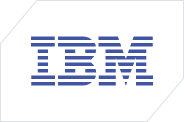About Our Agile Testing Services
At TestPros, we offer contemporary software testing services for organizations following agile development practices. Today in the fast-moving world of software, raising quality and accelerating development cycles is the first priority. Our services are drawn to fit well within your agile processes to ensure constant improvement, faster iterations, and reduced market time.
Overview:
- Agile Testing Expertise: Our team consists of highly experienced agile testing professionals who understand inside out of agile software development. We ensure your software is tested parallelly with each sprint, providing timely feedback so that your adjustments and enhancements can be quickly made. This way, the delays are minimized and quality is ensured all along the project delivery.
- Automated Testing Solutions: The key to advancing the efficiency of your testing process is automation. We put automated tests in parallel with your development cycle so that you catch issues early and keep the reliance on manual test cycles at the minimum level possible. Our testing is customized to fit your specific software needs, making sure that the testing done by our platform works effectively and at any level.
- Customized Testing Services: No two software projects are alike, which is why we customize our testing services to match your project’s specific requirements. Whether you're developing a mobile app, enterprise software, or cloud-based solution, we adapt our approach to ensure comprehensive coverage and optimal results. Our services range from functional testing to performance and security testing, all aimed at delivering a product that meets your exact specifications.
- Continuous Integration (CI) Support: This is one of the main aspects of modern software development whereby the developer can integrate and combine changes in the code regularly. We at TestPros integrate our testing services with your CI pipeline in such a way that it permits the running of test cases efficiently each time there is a change in the code. This provides a real-time feedback loop so that the development team can address issues as they arise and continue to drive the project.
We Are Here To Assist You
By submitting this form, you consent to TestPros, Inc. storing and processing your information to provide the requested services and communications. Privacy Policy
Certified &
Independent
Our Process
1
Initial Consultation
We start off with a general consultation to understand the specific needs, objectives, and development processes already existing within your project. The aim is to then subsequently devise a testing strategy that can be tailored easily and infused into your agile development setup. Identification of key challenges, benchmarking of your current capabilities in testing, and setting clear objectives for the testing phase would assure that this foundational step aligns our services with your overall project goals from the outset.
2
Develop Test Strategy
We derive insights from the consultation and develop a comprehensive test strategy that covers automated, continuous testing, and agile methodologies. The strategy is tailored to the requirements of your project so that all aspects of your software are well tested. With an agile project that has frequent releases, we might have a focus on automated tests that are capable of fast execution so that they can keep up with development, while planning more detailed testing in key areas.
3
Test Case Design
The design of highly detailed test cases for coverage of all critical aspects of the software, from functional testing to performance and security assessment, associated with the strategy. Our test cases are created to align with your agile development cycle, allowing them to be executed during each sprint. With an appropriate CI setup, we can design our test cases with triggers for automatic execution whenever new code is committed during a sprint or iteration, thereby providing prompt feedback on the status of issues.
4
Execution and CI
We run the test cases according to your development cycle and integrate our testing efforts into your CI pipeline. In this way, as soon as new features are developed, they get tested and help in providing instant feedback to your development team. In the event a new feature gets pushed to the CI environment, our automated tests will run instantly, and any issue that is detected will be reported back to the development team in real time. This allows them to quickly remediate the issue.
5
Continuous Testing and Monitoring
While testing is one of our practices, we monitor the software continuously throughout its development lifecycle and make continuing refinements in it to ensure quality outputs. Thus, we get a cycle for continuous feedback that catches issues on the one side and refines our test approach with the project as it goes through the life cycle. If we receive user feedback to detect an alleged bottleneck in performance, we can provide a shift in the focus of testing in the very next iteration to detect that issue.
6
Final Assessment and Reporting
After concluding the testing phase, we perform a final assessment to verify that identified issues have been resolved and that the software is up to your quality expectations. We then present you with a full report on the testing outcomes, highlighting the remaining risks and offering recommendations for further improvement. This is the last level of security in knowing exactly what level of quality your software has attained and how ready it is for deployment.
Trusted Clients






Key Benefits of Our Services

Enhanced Software Quality
Automated and continuous testing practices integrated into your development lifecycle make sure that the software is thoroughly vetted at every single stage. This proactive approach catches early defects, thus preventing them from growing into the bigger issues that may lead to loss of software functionality or user experience. Automated regression testing allows us to quickly catch new bugs introduced by recent changes, ensuring continuous quality in development.

Reduced Time To Market
Speed is of the essence in the competitive business world today. Our agile testing process is meant to fast-track the development cycle, but one that doesn’t compromise quality. We minimize the amount of time invested in manual testing to enable new features and products to quickly come out of your department. This faster time to market not only provides a competitive edge but also gives you the possibility to respond in a quick manner to customer feedback and market demand.

Cost Effective
Automated tests can be reused across different development phases, thus reducing time-wasting repetitive manual testing. In addition, detecting defects early in the development cycle saves significant costs compared to fixing bugs post-release, where the cost of correction can be exponentially higher. This cost efficiency allows your budget to be allocated into other critical areas, such as innovation and development.

Better Collaboration
Our testing teams work in close collaboration with your development team, which helps in creating a collaborative environment that will aid the project both in communication and success. This helps in agile projects, which most of the time require constant feedback and adaptation. By integrating QA practices with your development workflow, we make testing a team practice that produces better cohesion and efficiency in project execution.

Adaptability to Change
Agile development environments are quite fluid and dynamic, with project scopes and requirements changing sometimes at the blink of an eye. Our agile methodologies provide the flexibility needed to adapt to these changes without disrupting the development process. We can pivot in a way that keeps your project on track, be it from changing test cases with new features or changing our approach to testing in order to meet unforeseen challenges.

Comprehensive Test Coverage
Our test coverage ranges from functional, performance, security, to usability testing. Such comprehensive testing not only verifies the conformance of software with stated functional requirements but also assures its reliability under given conditions. Our performance tests let you simulate high-traffic scenarios, which allow you to check whether your application is able to cope with the load and keep working without a crash, thus setting your mind at rest with respect to the solution’s stability.
Frequently Asked Questions
What is the general timeline for a software testing project's completion?
The timeline is project-specific and subject to different parameters like project complexity, scale, and specific requirements. In general, it might take a couple of weeks for smaller projects, while some months might be taken for more complex and larger projects. We customize our timelines to fit into your development cycle, and as such, we ensure that the testing does not become a bottleneck but an enabler to increase your time to market.
What test frameworks do you use?
We take advantage of a number of testing frameworks that have been customized to support the requirements of your project. Many of them are suitable for software development in an agile environment and DevOps. Unit testing, functional testing, or performance testing: we pick up the right tool and framework for delivering the best results in each case. We have deep expertise in all of these frameworks.
Can you manage large-scale agile projects?
Certainly. Our agile testing team has extensive experience in the field. We apply scalable testing frameworks and automation tools that can handle large projects with their complexities, from managing multiple test cases to integrating well with large development teams. In a way, we have built in the ability to scale our services, supporting growth in your project as well as being able to maintain high-quality standards as your software also evolves.
Will you provide support after the testing phase is over?
Yes, we do. We provide continued support with regular testing updates for the software. Additionally, you receive assistance for any problems that arise, and consulting services to assist in adapting to new challenges or requirements. But still, our quality assurance commitment means keeping ourselves engaged with your project to continue providing value and seeing to it that your software keeps moving with your business needs.
What does an agile tester do?
An Agile tester is responsible for embodying quality and functionality features in the software within an Agile development arena. Testing is a continuous activity within the development process while closely collaborating with developers, product owners, and stakeholders. Agile testers are concerned with verifying that every iteration or sprint does meet the stated requirements. They also perform automated and manual tests to find issues early in the development stage so that feedback can be given to the development team. Ultimately, their intention is to see that the software not only works but meets the needs and expectations put upon it by users.
What is the agile testing process?
The Agile testing process is an iterative and collaborative approach that complies with the Agile development principles. It typically incorporates the following activities:
- Planning: Testers attend sprint planning sessions to get an idea of what requirements will be addressed and to define the scope of testing for the coming sprint.
- Designing Test Cases: Considering user stories and associated acceptance criteria, testers design test cases to address various scenarios, such as edge cases.
- Continuous Testing: Testing is done continuously during the sprint on aspects such as unit tests, integration tests, and functional tests. Automation is mostly included for reasons of speed. Feedback and Collaboration: Testers continue to give instant feedback to developers so that quick fixes and amendments can be made. They function closely with the development team to resolve issues as they arise.
- Regression Testing: Testing ensures that present functionality is not adversely affected by the development of a new feature.
- Final Verification: A final check by testers to verify if all requirements are met, with verification of software released or further developed before the sprint is closed.
Does agile have UAT testing?
Yes, user acceptance testing (UAT) is part of the Agile process. Normally, UAT within Agile is scheduled towards the end of a sprint or release cycle. The aim is to ensure that the software developed is in line with business needs and can be released into production.
Who does agile testing?
Agile testing is a team effort conducted by various members of the Agile team. The primary members are usually professional testers or QA engineers with specializations in testing methodologies. However, it also involves developers, especially in terms of unit testing and test-driven development (TDD). This includes product owners and stakeholders, who are involved through user acceptance testing.
What Challenges
Are You Facing?





